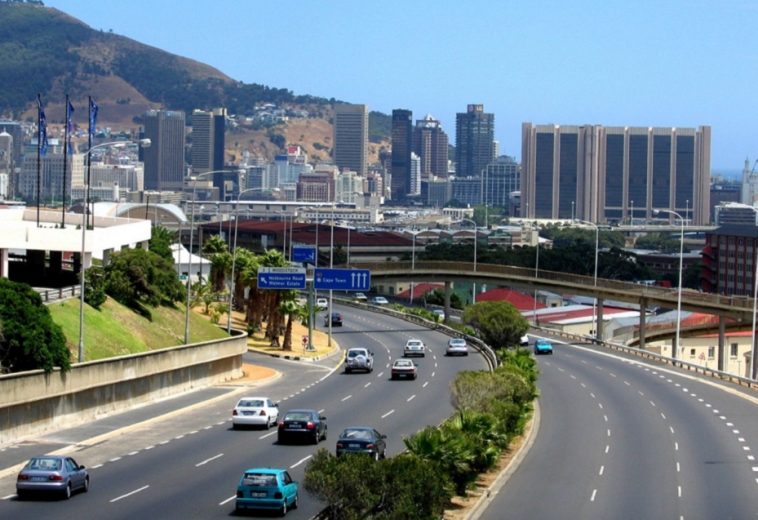The global oil market is inextricably linked to geopolitical tensions and ceasefires, making oil prices sensitive to conflict, especially in key oil-producing regions. Ongoing tensions in the Middle East, fluctuations in demand, and strategic production cuts by OPEC+ countries are shaping oil price trends.
The Middle East, home to one-third of the world’s seaborne oil trade, continues to be a focal point for oil price volatility. Recent escalations in the Israel-Palestine conflict and the ongoing proxy battles involving Iran have the potential to severely impact oil supply lines, especially if tensions spread across the region. Iran remains one of the largest OPEC+ producers, and any attacks on its oil infrastructure could have far-reaching consequences on global oil prices.
For example, Iranian missile attacks in 2023 caused a significant rise in oil prices, marking one of the sharpest spikes in two years. However, despite the volatility, the market has shown resilience, thanks to the efforts of OPEC+ to maintain a buffer of spare capacity. As of late 2023, OPEC+ maintained over 5 million barrels per day (mb/d) of spare production capacity, which has helped temper market reactions to supply threats.
Impact of Ceasefires and Diplomatic Resolutions
While conflict escalation increases oil prices, ceasefires and diplomatic breakthroughs can ease tensions and stabilize the market. The 2023 China-brokered agreement between Saudi Arabia and Iran, for instance, was a significant step toward de-escalation in the Gulf. This diplomatic progress contributed to a more stable oil market, with prices remaining below $80 per barrel despite earlier concerns over potential disruptions to the Strait of Hormuz, through which 30% of the world’s oil passes.
Nonetheless, any ceasefire’s long-term impact on oil prices depends on the stability of the agreement and the underlying geopolitical dynamics. Short-lived ceasefires or proxy conflicts, like those seen in Yemen, often do little to alleviate long-term supply risks.
Strategic Production Cuts by OPEC+
The OPEC+ alliance, led by Saudi Arabia and Russia, has been instrumental in managing oil supply through strategic production cuts. In 2024, the group extended its voluntary cuts of 2.2 mb/d to balance weak global demand, particularly from China, whose economic recovery has been slower than anticipated. This extension into 2024 reflects OPEC+’s commitment to supporting oil prices amid uncertain demand.
Despite OPEC+ efforts, non-OPEC producers such as the U.S., Brazil, and Guyana have ramped up production, leading to a more balanced global supply. This surge in output from non-OPEC countries has offset some of the price-raising effects of the production cuts.
Economic Factors and Future Trends
Beyond geopolitics, economic factors like global demand play a crucial role in determining oil prices. In 2023, global oil demand reached an all-time high of 101.7 mb/d, largely driven by a recovery in transportation and industrial activity, particularly in China. However, demand growth is expected to slow in 2024 due to tighter monetary policies and the increasing adoption of electric vehicles and alternative energy sources.
In 2024, oil prices have been notably volatile, with Brent crude falling to around $70 per barrel in September. This decline was driven by a combination of weak demand from China and oversupply concerns. Still, oil remains vulnerable to sudden spikes in response to geopolitical events, as seen with recent conflicts in the Middle East.
Oil prices will remain a barometer of global stability in 2024, particularly in regions like the Middle East. The delicate balance between conflict escalation, ceasefires, and strategic decisions by OPEC+ will continue to shape the market. For governments and businesses, understanding these dynamics is crucial, as even minor shifts in geopolitical tensions can have outsized effects on oil supply and prices.




